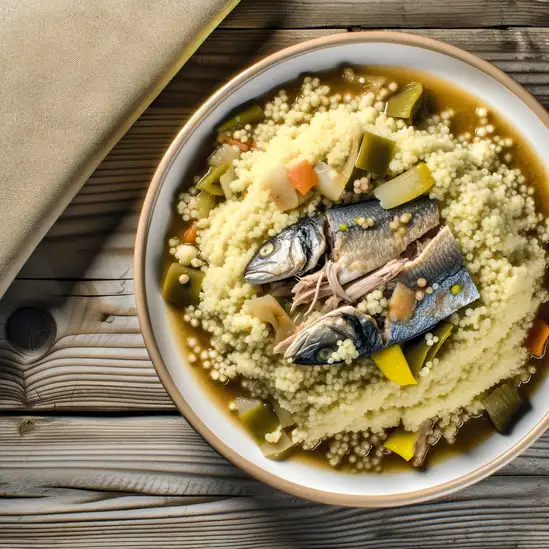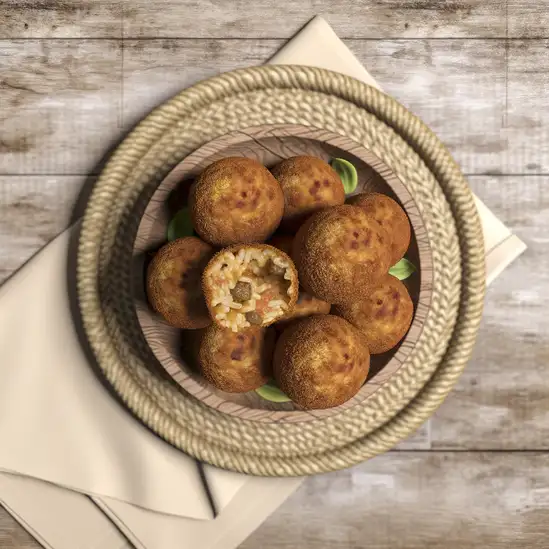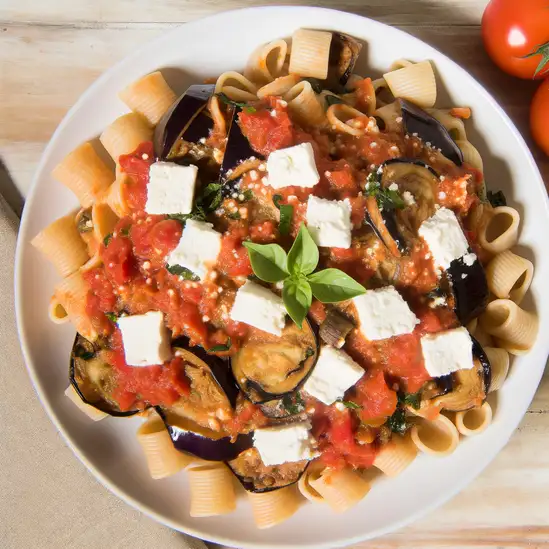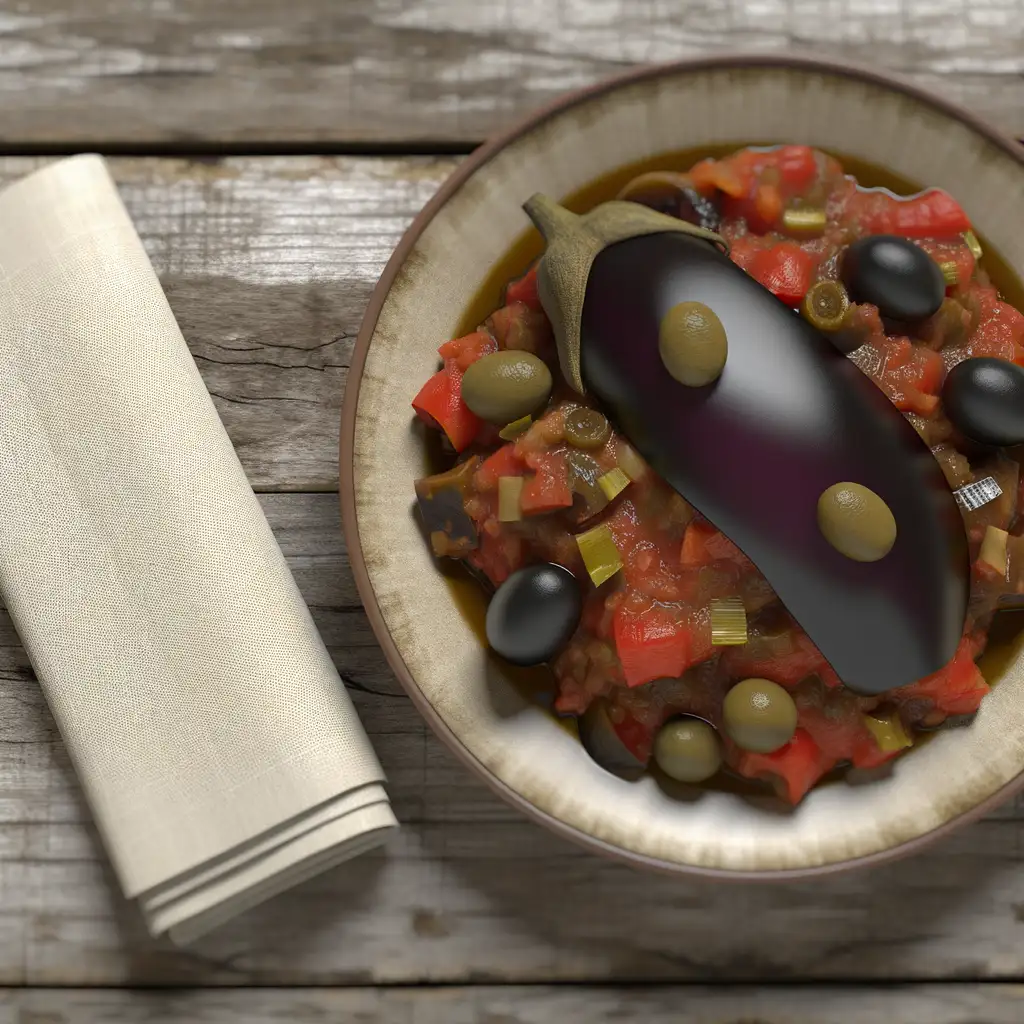



Imagine stepping onto Lipari’s sun-warmed cobblestones,where the salty breeze from the Tyrrhenian Sea mingles with the scent of fresh basil and grilled seafood wafting from tiny trattorias. This island isn’t just a place; it’s a feeling—a laid-back rhythm that invites you to slow down and savor every moment. The pastel-hued houses cling to volcanic cliffs,tumbling down toward a harbor dotted with colorful fishing boats that bob gently in the crystal-clear water. As you wander through narrow alleys,the chatter of locals and the occasional strum of a guitar spill out from open windows,wrapping you in a warm,welcoming hum. Lipari’s charm lies in its blend of rugged natural beauty and rich history. You can explore ancient ruins that whisper stories of civilizations past,then lose yourself in the lively piazza where elders sip espresso and kids chase pigeons. The island’s volcanic origins give rise to dramatic landscapes—black sand beaches,steaming fumaroles,and panoramic views that stretch across the Aeolian archipelago. At sunset,the sky blushes in shades of pink and gold,reflecting off the sea and making everything feel a little more magical. And the food—oh,the food! Freshly caught fish grilled to perfection,drizzled with local olive oil,paired with a glass of crisp white wine from nearby vineyards. Every meal feels like a celebration of the island’s bounty and the simple joy of sharing it. Lipari isn’t just a destination; it’s a place that stays with you,long after you’ve left its shores.
The information on this page is currently being reviewed by Tripkliq and should be used as a guide only
Eng word: Hello
Eng pronunciation: chow
Local language: Ciao
Eng word: Goodbye
Eng pronunciation: ah-ree-veh-DEHR-chee
Local language: Arrivederci
Eng word: Thank you
Eng pronunciation: GRAH-tsee-eh
Local language: Grazie
Eng word: How much
Eng pronunciation: KWAN-toh KOH-stah
Local language: Quanto costa
Eng word: Toilet
Eng pronunciation: BAHN-yo
Local language: Bagno
Eng word: Help me
Eng pronunciation: ah-YOO-tah-mee
Local language: Aiutami
Eng word: Yes
Eng pronunciation: see
Local language: Sì
Eng word: No
Eng pronunciation: noh
Local language: No
Eng word: Excuse me
Eng pronunciation: SKOO-zee
Local language: Scusi
Lipari, the largest of the Aeolian Islands, has been inhabited since at least 5000 BC. Archaeological evidence suggests that the island was a significant center for the production of obsidian, a volcanic glass used for making tools.
In the 4th century BC, Lipari was colonized by Greeks from the island of Rhodes. The Greeks established a thriving settlement and built impressive structures, some of which can still be seen today.
During the Roman period, Lipari became an important naval base. The Romans appreciated the island's strategic location and its natural resources, including pumice and sulfur.
The Castello di Lipari, a fortress that dominates the island's main town, was built during the Middle Ages. It served as a defense against pirate attacks and other invaders.
The Cathedral of St. Bartholomew, located within the Castello di Lipari, dates back to the 11th century. It is dedicated to the island's patron saint, whose relics are said to be housed there.
In the 11th century, Lipari was conquered by the Normans. They left a lasting impact on the island's architecture and culture, blending their own traditions with those of the local population.
During the Renaissance, Lipari experienced a period of prosperity. The island's economy flourished thanks to its strategic location and the trade of local products like wine and capers.
Lipari is a volcanic island, and its most recent eruption occurred in 1930. Although it caused some damage, the eruption also created new landforms and added to the island's unique geological features.
The Aeolian Archaeological Museum, located in the Castello di Lipari, houses an extensive collection of artifacts from the island's long history. It is a must-visit for anyone interested in the ancient cultures of the Mediterranean.
In Lipari, the most common Power Adaptor is Type C, Type F, Type L.







A dish influenced by North African cuisine, this seafood couscous is made with fresh fish and shellfish, seasoned with local spices and served with a rich broth.

These are fried rice balls filled with various ingredients such as meat, cheese, or vegetables, making for a delicious snack or appetizer.

This classic Sicilian pasta dish is made with eggplant, tomato sauce, basil, and ricotta salata cheese, offering a rich and flavorful experience.

A sweet and sour eggplant dish, Caponata is a staple in Sicilian cuisine, featuring eggplants, tomatoes, celery, olives, and capers, often served as a side or appetizer.

Grilled swordfish is a popular dish in Lipari, often seasoned with local herbs and served with a drizzle of olive oil and lemon.

A traditional Sicilian bread dish, Pane Cunzato is topped with tomatoes, olives, anchovies, and local cheeses, perfect for a light meal or snack.

A refreshing frozen dessert made from crushed ice and flavored with fruit syrups, Granita is especially popular during the hot summer months.
Palermo feels like stepping into a vibrant mosaic where every corner hums with life and history. The city’s energy is a mix of old-world charm and raw,bustling street scenes—imagine narrow alleys lined with colorful market stalls,the air thick with the scent of fresh citrus,roasting coffee,and salty sea breeze. As you wander,you’ll hear the lively chatter of locals bargaining over fresh fish and the distant melody of street musicians playing traditional Sicilian tunes. It’s a place where the past and present dance together effortlessly.
What really grabs you about Palermo is its character—gritty yet warm,chaotic yet inviting. The architecture tells stories of centuries,from the intricate Arab-Norman palaces to the baroque churches that seem to glow in the golden afternoon light. But it’s not just about sights; it’s the feeling of sitting at a tiny trattoria,savoring arancini that crackle with every bite or a plate of pasta alla Norma bursting with fresh tomatoes and ricotta salata,while the world buzzes around you.
Palermo’s soul is in its people and their love for life,food,and tradition. Whether you’re exploring the vibrant markets like Ballarò or soaking in the sunset over the Mediterranean from the ancient fortress walls,you’ll find a city that invites you to slow down,breathe deeply,and savor every moment. It’s messy,passionate,and utterly unforgettable.
If you wander into Catania,you’ll immediately feel the city’s pulse—vibrant,a little wild,and utterly alive. Nestled at the foot of Mount Etna,this Sicilian city wears its history on its sleeve,with baroque buildings dusted in volcanic stone that seem to hum stories of centuries past. The streets buzz with the chatter of locals,the clatter of espresso cups,and the occasional call of street vendors selling fresh catch or fragrant citrus. There’s a raw energy here,a mix of old-world charm and everyday grit that makes you want to slow down and soak it all in.
Walking through the fish market,your senses come alive:the salty tang of the sea mingles with the sharp scent of lemon and the earthy aroma of fresh herbs. You’ll hear the lively bargaining,the laughter,and the rhythmic chopping of knives. Grab a granita—icy,sweet,and refreshing—and sit by the Piazza del Duomo,watching the world go by beneath the watchful gaze of the elephant fountain,a quirky symbol of the city’s resilience.
Catania’s character is a blend of fiery passion and warm hospitality. The people here are proud,fiercely connected to their roots,and eager to share their culture through food,music,and stories. Whether you’re savoring a plate of pasta alla Norma or wandering through narrow alleys lined with vibrant street art,you’ll find a city that invites you to experience Sicily in its most authentic,unpolished form.
Naples feels like stepping into a living,breathing storybook where every street corner hums with life and history. The city’s energy is raw and unfiltered—imagine narrow alleys bursting with the aroma of fresh espresso and wood-fired pizza,while the chatter of locals spills out from bustling cafés. It’s a place where the past and present collide beautifully:ancient ruins nestle beside vibrant markets,and baroque churches stand tall amid colorful,graffiti-splashed walls. Walking through Naples,you can almost taste the city’s soul in the salty sea breeze mingling with the scent of basil and ripe tomatoes.
What really grabs you is Naples’ character—bold,unapologetic,and fiercely proud. The people here have a warmth that’s instantly welcoming,whether they’re sharing stories over a slice of the world’s best Margherita pizza or guiding you to a tucked-away viewpoint overlooking the shimmering Bay of Naples. The city’s soundtrack is a lively mix of street musicians,church bells,and the occasional honk of scooters weaving through traffic,creating a rhythm that’s uniquely Neapolitan.
And then there’s the food—oh,the food! It’s not just a meal; it’s a celebration. From the first bite of a perfectly blistered pizza to the sweet,creamy delight of sfogliatella,every flavor tells a story. Naples invites you to slow down,savor the moment,and dive headfirst into its vibrant culture. Trust me,once you’ve wandered its streets and tasted its flavors,Naples stays with you long after you leave.
Messina has this effortlessly warm,lived-in vibe that instantly makes you feel like you’ve stepped into a place where history and everyday life dance together. As you wander its sun-dappled streets,you’ll hear the melodic chatter of locals blending with the distant hum of the harbor’s boats. The salty breeze from the Strait of Messina carries the scent of fresh seafood mingled with the faint aroma of citrus groves nearby—it''s like the city’s inviting you to slow down and savor the moment.
What really sets Messina apart is its blend of rugged charm and gentle elegance. The city wears its scars from past earthquakes with pride,each rebuilt corner telling a story of resilience. You’ll find yourself drawn to the ornate cathedral with its astronomical clock,where the bells chime in a way that feels almost magical. Cafés spill onto piazzas,where you can sip a rich espresso or a glass of local wine while watching fishermen unload their catch,the vibrant colors of fresh fish and vegetables painting a lively scene.
Messina’s culture pulses with a genuine warmth—people here are open,proud of their roots,and eager to share their traditions. Whether you’re tasting the sweet,sticky granita or wandering through bustling markets filled with laughter and bargaining,there’s a sense of belonging that wraps around you. It’s a city that invites you to explore slowly,to listen closely,and to fall in love with its honest,unpretentious spirit.
If you ever find yourself wandering through Sicily,Taormina is one of those places that instantly wraps you in a warm,timeless embrace. Imagine strolling along narrow cobblestone streets lined with vibrant bougainvillea,the salty breeze from the Ionian Sea mingling with the scent of fresh espresso and blooming jasmine. The town perches dramatically on a hill,offering jaw-dropping views of the sparkling Mediterranean below and the majestic silhouette of Mount Etna in the distance. It’s a place where history and everyday life blend effortlessly—ancient Greek theaters sit just steps away from lively piazzas filled with locals chatting over glasses of rich Nero d’Avola wine.
What really struck me about Taormina was its rhythm. Mornings start slow,with the gentle clinking of cups and the soft murmur of shopkeepers setting up. By afternoon,the streets buzz with the laughter of children and the hum of scooters weaving through the maze of alleys. As the sun dips,the town transforms; terraces glow with candlelight,and the aroma of grilled seafood and fresh herbs drifts from trattorias. Sitting down to a plate of pasta alla Norma,with its smoky eggplant and tangy ricotta salata,feels like tasting the very soul of Sicily.
Taormina isn’t just a place to see—it’s a place to feel. It invites you to slow down,savor every moment,and soak in a culture that’s as rich and layered as the volcanic soil beneath your feet. Trust me,once you’ve experienced its charm,you’ll carry a piece of Taormina with you long after you leave.
Imagine stepping into a place where the sun kisses ancient stone walls and the salty breeze carries whispers of the Mediterranean—welcome to Cagliari. This Sardinian city pulses with a laid-back charm that feels both timeless and alive. Wander through its narrow,winding streets in the Castello district,where pastel-colored buildings lean into each other,and the scent of fresh bread mingles with the distant hum of the sea. Here,history isn’t just in museums; it’s etched into every corner,from Roman ruins to Byzantine towers,all framed by vibrant bougainvillea spilling over balconies.
As you stroll along Poetto Beach,the soft sand warms your feet while the rhythmic crash of waves invites you to pause and breathe. Cafés spill onto piazzas,where locals sip espresso and chat animatedly,their voices blending with the clinking of glasses filled with crisp Vermentino wine. The markets buzz with life—fresh fish glistens under the sun,ripe tomatoes and fragrant basil tempt your senses,and the aroma of roasted chestnuts lingers in the air.
Cagliari’s soul is a mix of old-world grace and Mediterranean zest. It’s a place where you can lose yourself in art-filled churches,then find yourself again in a lively trattoria,savoring fregola pasta with clams,each bite a celebration of Sardinia’s rich flavors. Visiting here feels like stepping into a warm embrace—inviting,vibrant,and utterly unforgettable.
Some accommodations may advertise luxurious rooms online but provide substandard or different rooms upon arrival.
Shops may sell fake or low-quality souvenirs, claiming they are authentic local crafts or products made on the Aeolian Islands.
Unlicensed individuals may pose as official tour guides, offering inaccurate or incomplete information about Lipari's history and landmarks.
Some operators may charge tourists significantly higher prices for boat tours around the Aeolian Islands, offering subpar services or shorter trips than promised.
Some restaurants may inflate bills by adding hidden charges or charging for items like bread or water without informing the customer beforehand.
Rental agencies may claim pre-existing damage to scooters or cars and charge tourists hefty repair fees unless proper documentation is done beforehand.
Unmetered taxis or private drivers may overcharge tourists, especially for short trips or transfers to and from the port.
The use, possession, and trafficking of illegal drugs are strictly prohibited in Lipari, as in the rest of Italy. Penalties for drug-related offenses can be severe, including fines and imprisonment. Tourists should be aware that even small amounts of illegal drugs can lead to legal consequences. Prescription medications should be carried with a valid prescription.
In Lipari, Italy, smoking is generally allowed in outdoor public spaces. However, smoking is prohibited in enclosed public places such as restaurants, bars, and public transportation. There are designated smoking areas in some public places, and it is important to respect these zones. Additionally, smoking is not allowed in certain outdoor areas like playgrounds and sports facilities.
Vaping in Lipari follows similar regulations to smoking. It is prohibited in enclosed public spaces, including restaurants, bars, and public transportation. Vaping is generally allowed in outdoor public areas unless otherwise specified. Tourists should look for signs indicating whether vaping is permitted or not in specific locations.
What are other people saying about Lipari?
Recent Social posts about Lipari
There is nothing to show you for now.